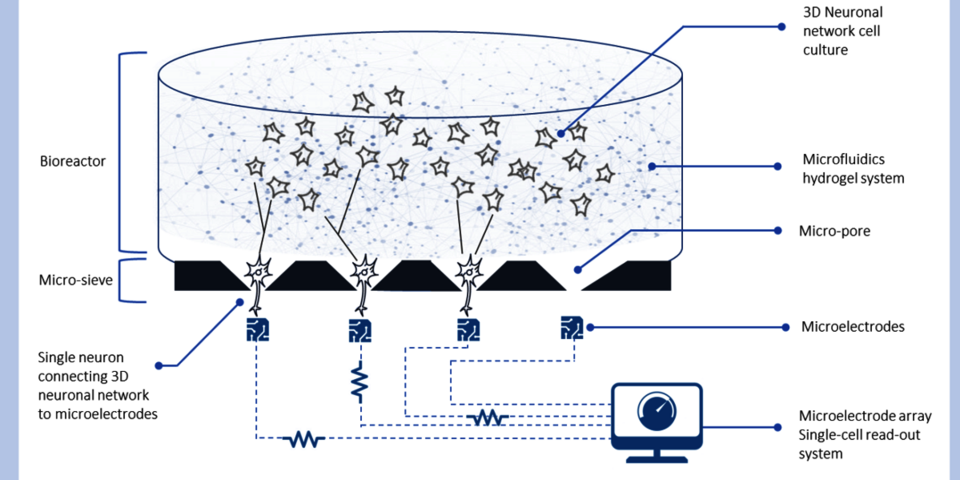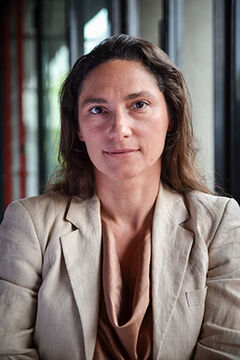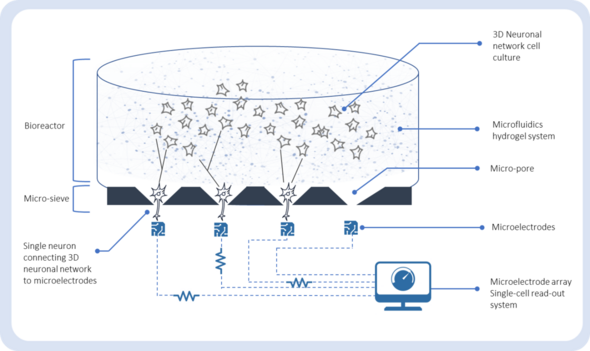TU/e leads project for developing nervous system-on-a-chip
TU/e and 6 other partners will develop a nervous-system-on-a-chip aimed at better testing of medications, such as those for Parkinson's disease, as well as reducing the number of animal experiments, which brings both ethical and practical benefits. TU/e has the central role in this, which literally and figuratively connects the expertise of the other partners. The project is getting EU support through an EU grant of almost €7 million.
The use of organs-on-a-chip (OoC) is a relatively new area of research. In practical terms, an OoC is a case with tubes (microfluidic channels) in which experiments can be done on living cells. Well-known examples of OoCs are liver-on-a-chip and heart-on-a-chip. Such in vitro experiments are easy to repeat: unlike mice, two OoCs are very similar. This makes it much easier to repeat an experiment. The great promise is that a complete understanding of the functioning of an organ can produce a perfectly functioning OoC, on which new drugs can be tested on a large scale.
Ingenious system of microtubes
The group of dr. Regina Luttge, Neuro-Nanoscale Engineering , focuses on a new type of OoC, the nervous-system-on-a-chip (NoC), which can be used, for example, to test new drugs against Parkinson's disease. By using an ingenious system of microtubes, nerve cells in the NoC can be connected to each other. In this way, the transport of specific proteins that travel through the nervous system, which are associated with Parkinson's disease, can be investigated.
Various research disciplines
The research consortium (called CONNECT, Connecting neural networks: Nervous-system-on-Chip Technology) brings together many different research disciplines. This allows the University of Luxembourg to grow cells in a specific form, a so-called organoid, which are able to mimic specific human brain cells well. The University of Sheffield is mainly concerned with the biological development of the relevant type of nerve cells. KU Leuven has experts in the optical analysis of nerve cells and Erasmus MC is an expert in electrophysiological analysis. AALTO University helps with the choice of materials and electrodes for the NoC while the Oxford Parkinson Disease Center has a bio-bank with cells from Parkinson's patients for testing. The TU/e researchers bring all of these aspects together, through the design and realization of the NoC.




Discussion